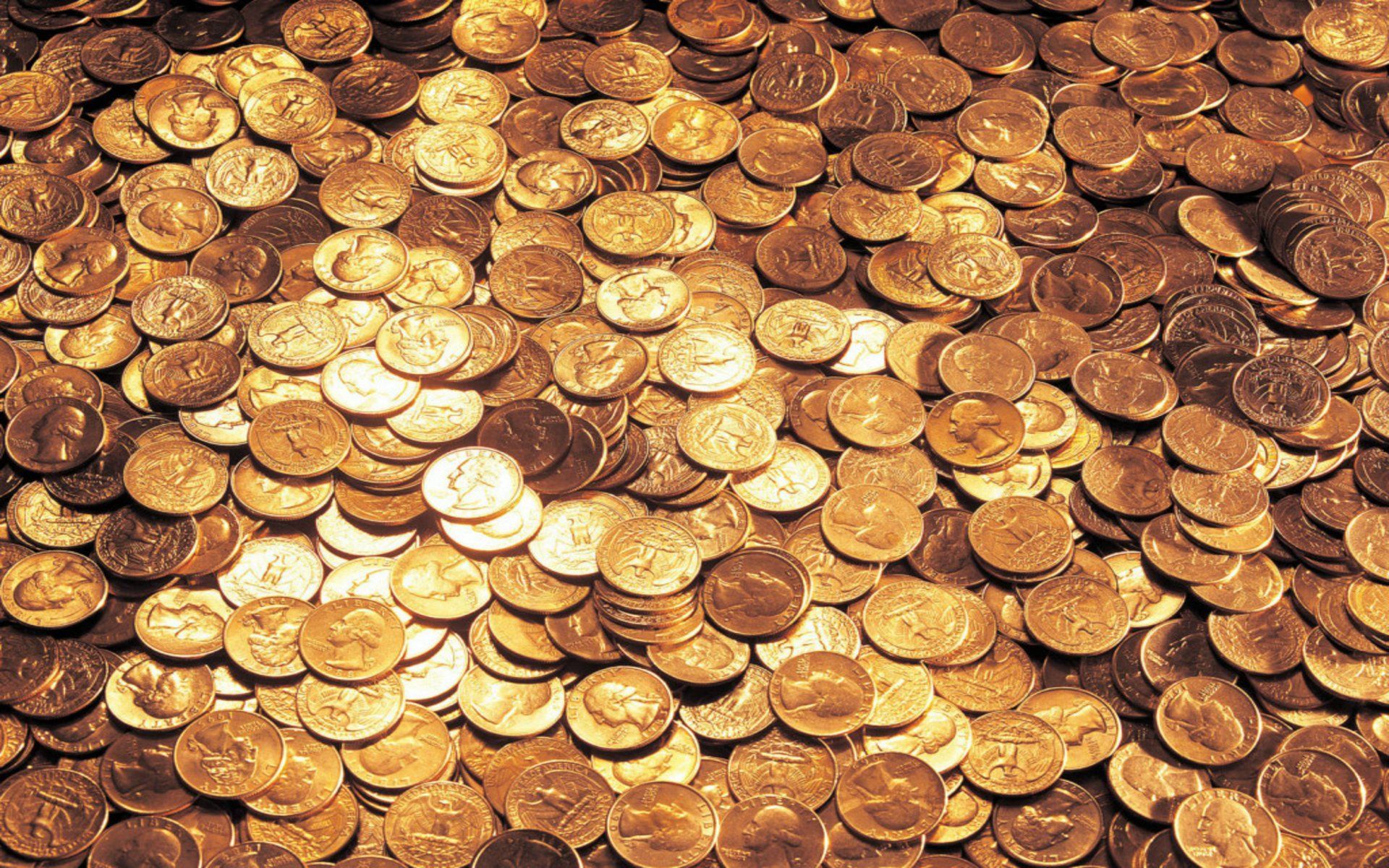So in 2015, he co-founded a business to attempt to repair the problem by weaning people off charcoal – created by smouldering hardwood – and onto bottled gas, a energy common in his home country of Mexico. So far, efforts to expose cleaner stoves that burn less gasoline have been led mainly by help agencies working in rural elements of Africa and Asia – and have acquired limited success. But a new push by businesses concentrating on urban areas aims to change the dial. 150 cost of the gas stove and canister equals half the average monthly income, which makes it hard to afford.
As an outcome, four out of five residents in a city generating 40% of the East African nation’s GDP still rely on a fuel that damages both forests and their health to make daily foods. Rodriguez-Sanchez. That “outrageous” situation must change to avoid environmental catastrophe, he said. KopaGas desires to spur uptake of gas food preparation utilizing a pay-as-you-go (PAYG) system it developed. 6.50), children gets a liquefied petroleum gas (LPG) cooking kit which includes a canister fitted with a good meter. The gas source is unlocked by cellular phone payments and the meter screens consumption, feeding back again data via the Internet of Things (IoT).
- Citizens Trust Bank or investment company
- Best Providers of Immediate Payout Annuities
- Evaluating the ability to pay current liabilities
- Children under age group 21
- 8 years ago from Lanarkshire
KopaGas has signed up 3,500 households because of its PAYG service, and provides another 20,000 with traditional gas containers. Rodriguez-Sanchez said the PAYG model would have to be proved at a large scale to draw in greater degrees of investment. Help might be accessible. July In, London-based BBOXX, one of Africa’s biggest off-grid solar technology providers, launched a pilot project for PAYG gas cooking in Rwanda’s capital, Kigali.
BBOXX said the service, aimed at expanding cleaner cooking food in urban areas, would harness the same mobile money and digital platform it uses for solar packages and power paid in instalments. Kigali intends to ban charcoal use in the first 2020s, he noted. In recent years, Kenya has slapped controls on logging in public forests and on the charcoal trade to curb its impact, but with limited success.
About 4 million people – many of them women and children – perish each year from indoor polluting of the environment mostly caused by burning smoky fuels including timber, kerosene, charcoal and dung. Dirty cooking causes skin and respiratory ailments, among other health issues, exacting what Hamayun called a “crazy human cost”. But using natural gas – a fossil fuel – instead has not been a palatable treatment for backers of renewable energy and environment change action, the Thomson was told by him Reuters Foundation. Yet in a lot of Africa’s fast-expanding cities, where electricity is expensive and there is little piped gas, bottled LPG might be the best available alternative to charcoal, at least for a while, both Hamayun and Rodriguez-Sanchez said.
Hamayun, noting Kigali has a distribution network already. In the foreseeable future, its smart LPG canisters could be filled up with biogas, created from sources like animal manure or municipal waste, once it becomes more available in cities widely, he added. Until now, biogas has mainly been practical for livestock farmers with a ready supply of dung, though building their own biodigester to make the gas is pricey, often costing several hundred dollars.
However, companies in Mexico and Cambodia are prefabricating biogas units and stoves, bringing down the cost, and are needs to use PAYG technology to help rural households afford them, an Apr statement on the clean cooking food market noted. BBOXX is starting a similar service in rural Rwanda also. The Clean Cooking Alliance, a U.N.-supported coalition that produced the report, said innovative approaches to help the indegent in developing nations cook more cleanly are growing, with early indications that some can work financially at a big scale.


